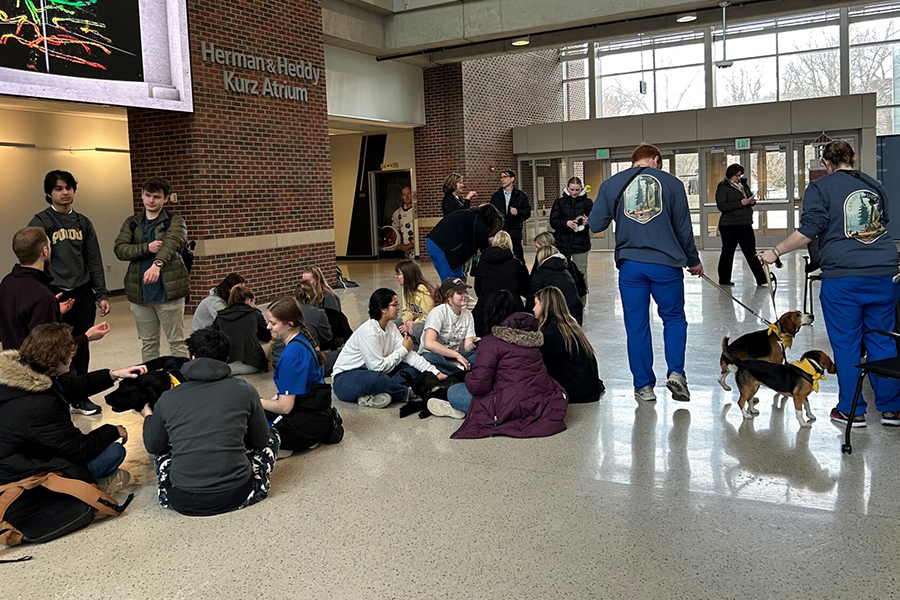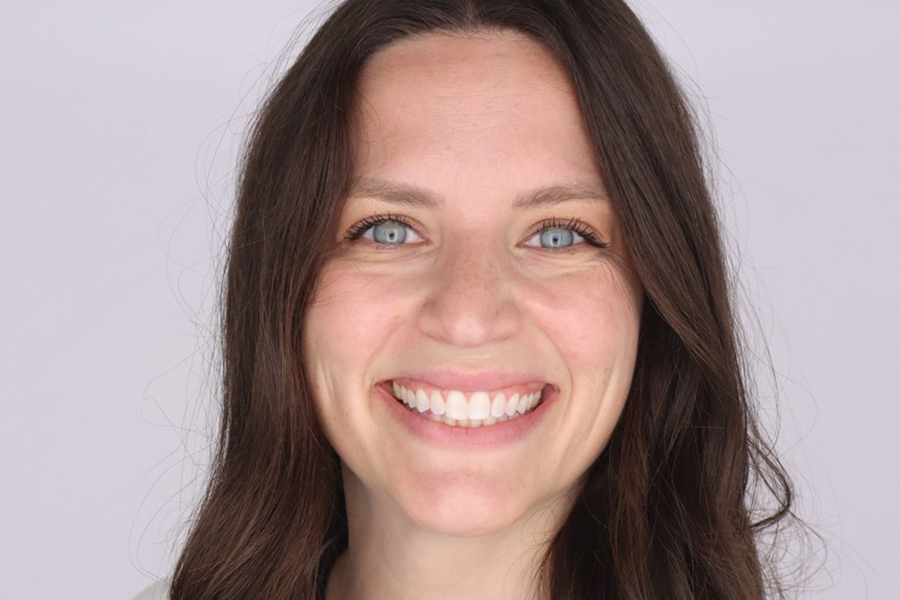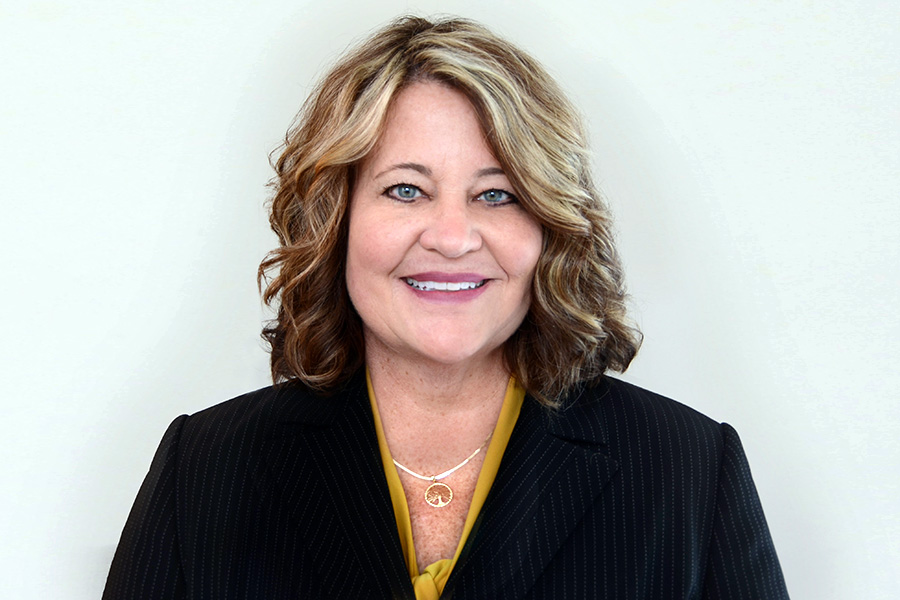Community, Assistance and Resources for Engineering Students (CARES)
Students’ mental health and well-being are a priority for the College of Engineering at Purdue. Inspired by a dream of the Purdue Engineering Student Council (PESC), the Community, Assistance and Resources for Engineering Students (CARES) was created to build lifelong thriving Boilermaker engineers by developing awareness, well-being and community for students through educational outreach, peer mentoring, easy access to mental health resources and social connection.
CARES offers a concrete space, the CARES Hub, in Room 1261 of the Neil Armstrong Hall of Engineering (ARMS) that is designed for engineering students to relax, study and connect with fellow engineering students. In addition to the CARES Hub, CARES offers low-barrier, high-access support for students' well-being and mental health needs through on-site therapy, peer mentoring, wellness education and social activities designed to build connection and community.
Searching for Purdue's Center for Advocacy, Response & Education (CARE)? Visit the CARE website.
These pages are regularly updated with additional resources and upcoming events.
Spring Semester 2026
CARES Hub Hours
- Monday through Thursday from 9 a.m.-7 p.m.
- Friday from 9 a.m.-4 p.m.
Therapist Walk-In Hours
- Monday through Friday from 1-2 p.m. in ARMS 1251
Social Work Graduate Student Walk-in hours
- Monday from 11 a.m.-noon in ABE 1034
- Monday from 3-4 p.m. in ME 1084
- Wednesday from 1-2 p.m. in LMBS 2243
- Friday from 11 a.m.-noon in ARMS 1264
Need more information? Contact CARES director Kristy Eaton at kmeaton@purdue.edu.
Interested in becoming a peer mentor?
Enroll in ENGR 49600, the Certified Peer Educator Training Course, or contact the CARES Hub director Kristy Eaton at kmeaton@purdue.edu.
CARES Hub Certified Peer Mentoring Program
What is peer mentoring?
Peer mentoring is a relationship between two engineering students in which one person has more experience than the other in areas like engineering coursework, internships and, in the case of the CARES Hub, knowledge about integrating mental health and personal well-being practices with the rigorous demands of academic life in the College of Engineering.
Why seek out a peer mentor?
As human beings, we are hard wired for connection and to navigate life’s challenges together. There is no need to navigate life as an engineering student alone. Working together uplifts both the student and the mentor!
The benefits of peer mentoring
- Offers confidential support that is free of judgment
- Offers an avenue for self-reflection and problem-solving
- Helps students stay accountable toward their academic and well-being goals
- Provides students with campus and local area resources for success
- Offers support via in-person, virtual, text, email and phone call modalities
- Tailored to meet students’ unique needs whether short-term or longer term
Meet our CARES Hub mentors
Our CARES peer mentors are Purdue engineering students who have been where you are! They are experienced engineering students with a commitment to mental health and well-being. They have a deep desire to mentor engineering students who could use a listening ear, some support and guidance.
Our engineering student mentors have completed a semester long two-credit hour peer educator course, passed a national certification exam and are nationally certified peer educators. They are committed to helping fellow engineering students be successful both academically and related to their well-being. Our peer mentors are trustworthy, great listeners, communicators and super supportive!




